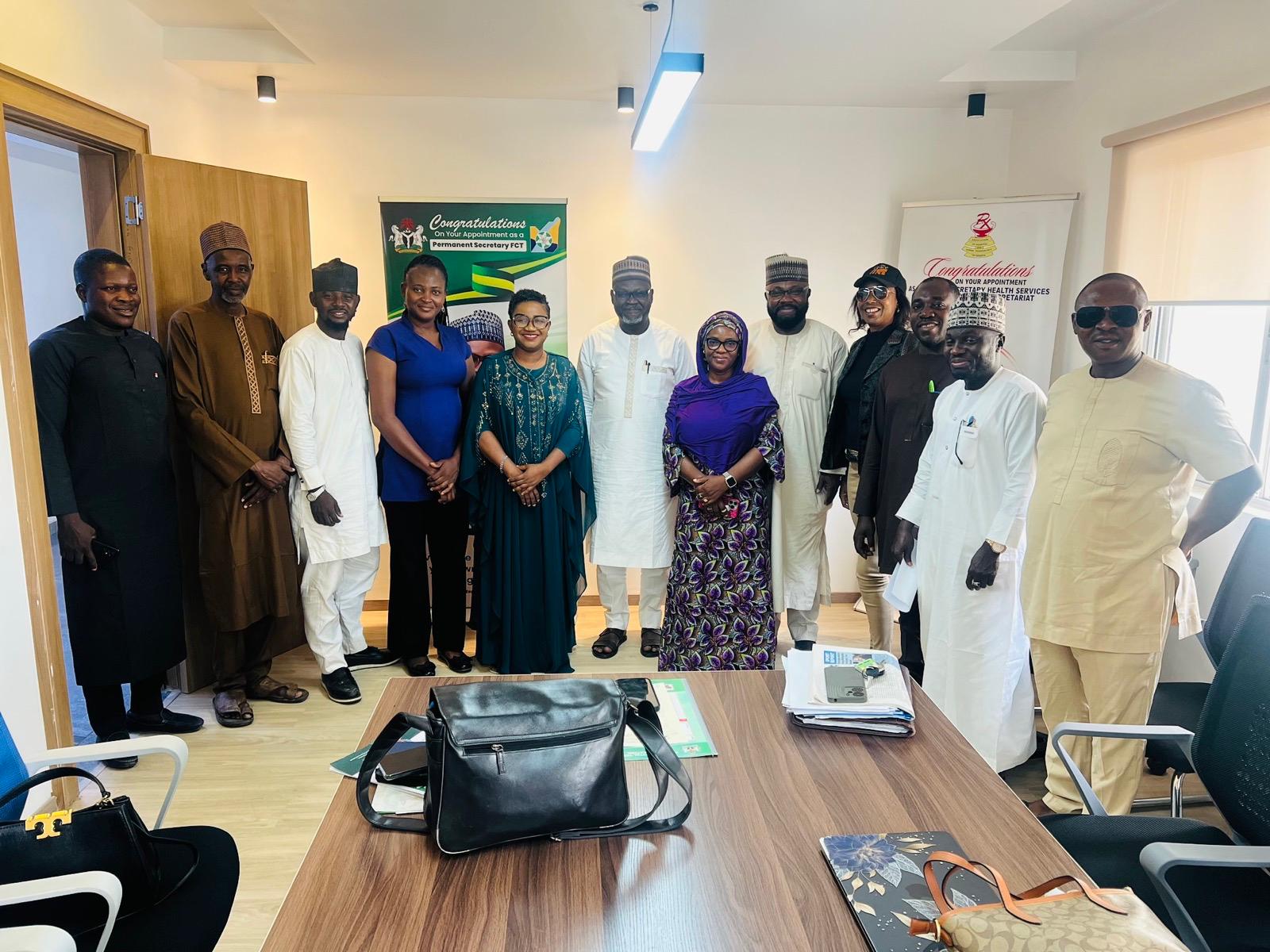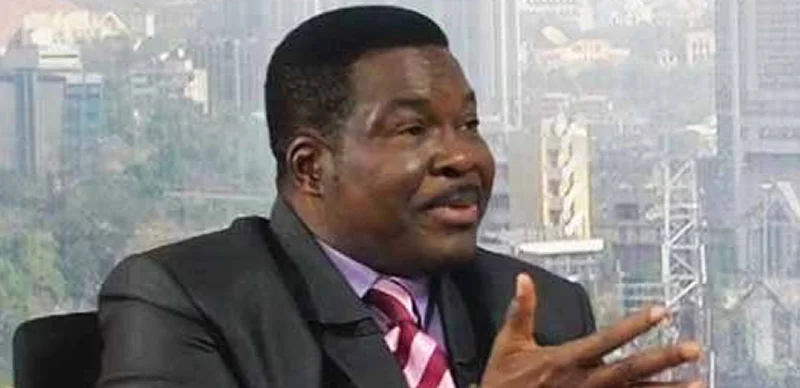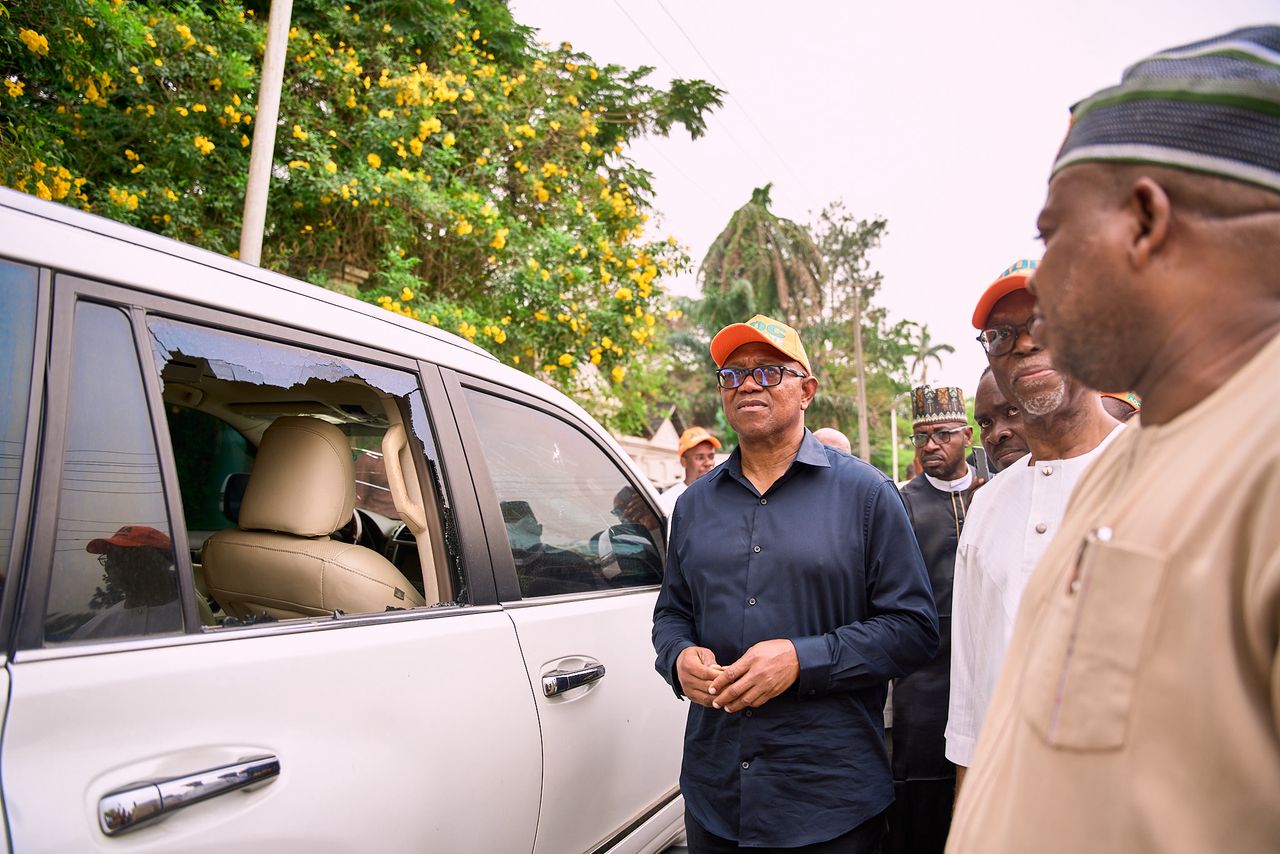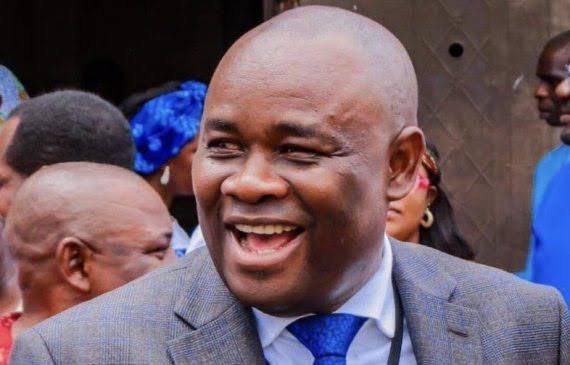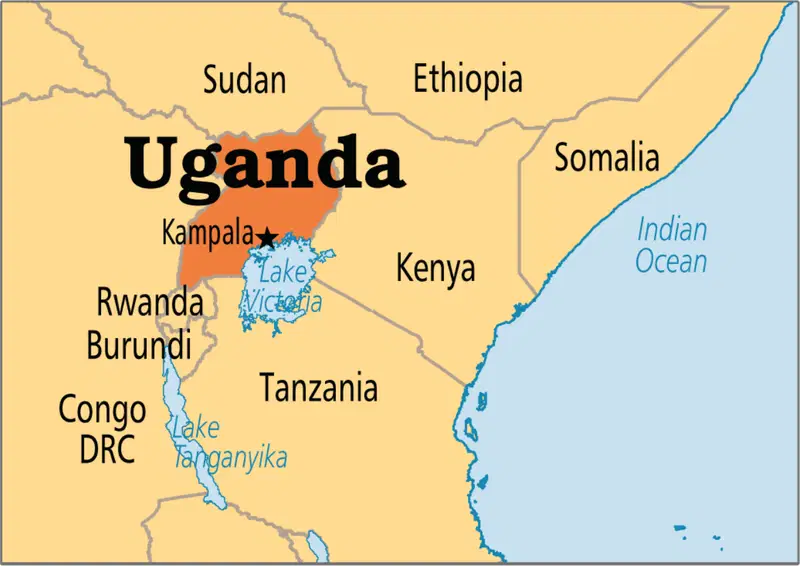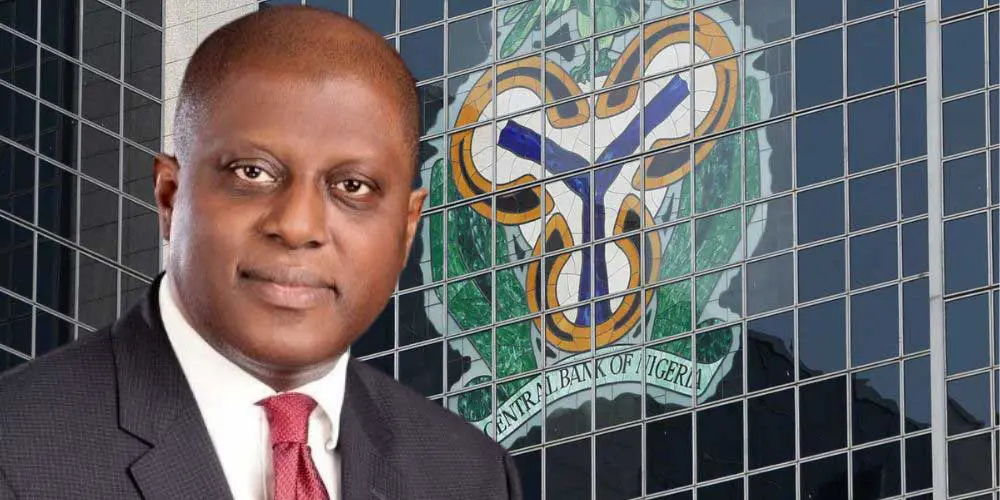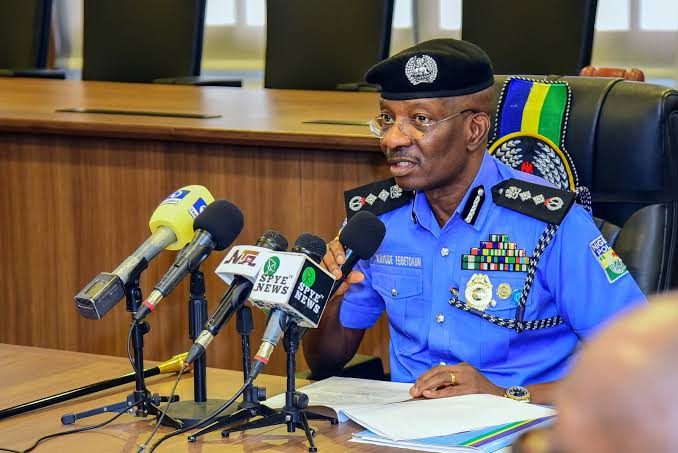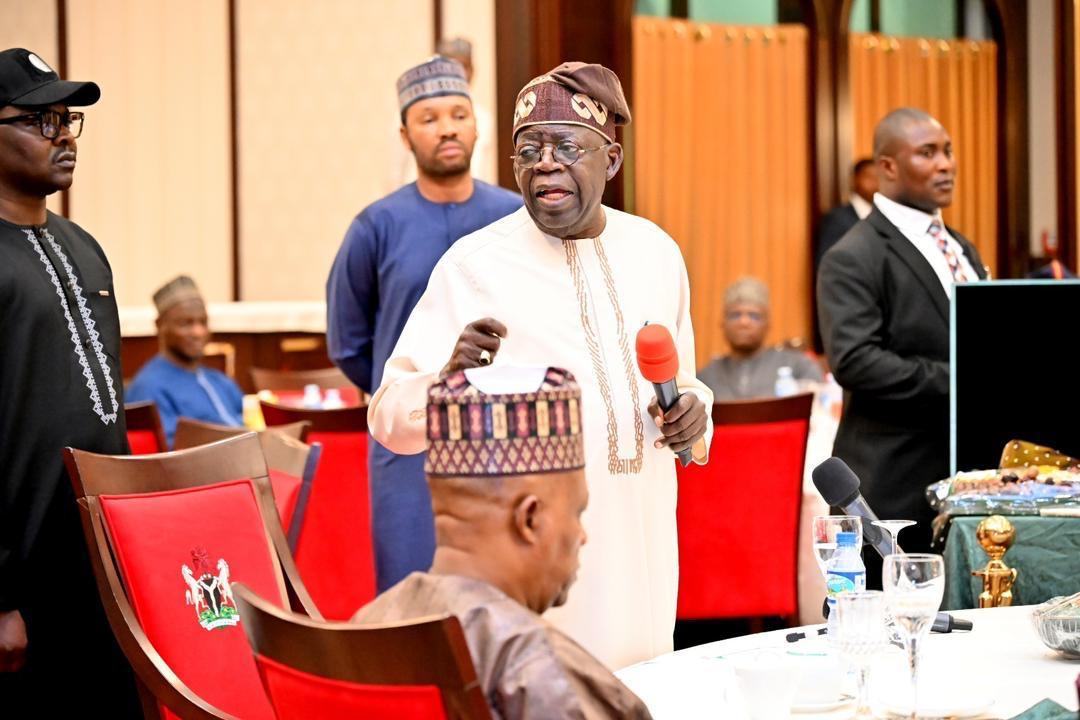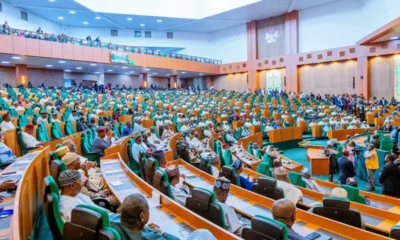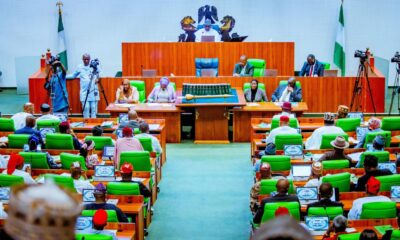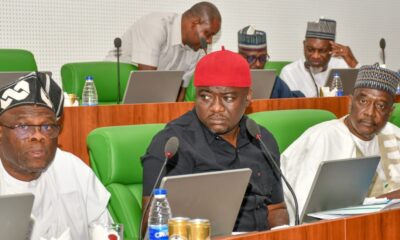National News
Nigeria’s parliament investigate waste management breakdown, streetlight outages in Abuja

The House of Representatives has decided to establish an ad-hoc committee to examine both the immediate and underlying causes of the ongoing waste management crisis and the frequent streetlight failures throughout the FCT.
Lawmakers on Thursday at plenary expressed deep concern over the worsening state of environmental sanitation in Abuja, warning that the Federal Capital Territory is fast descending into a public health and security emergency.
Moving a motion on the floor of the House, Rep. Umar Ajilo member representing Makarfi/Kudan Federal Constituency of Kaduna State, painted a grim picture of the nation’s capital, citing the indiscriminate dumping of refuse, blocked drainage systems, piles of solid waste littering public spaces, and widespread darkness caused by non-functional streetlights.
“The combined effect of multiple waste, blockage of drainage and sewage systems, and pervasive darkness from the faulty streetlights is creating a dual crisis.
“It is transforming the nation’s capital from a modern city into a zone of public health emergency and security vulnerabilities”, Ajilo said.
The lawmaker described the situation as alarming, stressing the grave health implications for residents.
“These unsanitary conditions have become breeding grounds for disease vectors such as mosquitoes and rats, leading to increased outbreaks of malaria, typhoid, cholera, and Lassa fever.
“They are contaminating air and water sources, causing significant risks of illness and airborne diseases, and placing enormous strain on the health and well-being of millions of residents—particularly women, children, and the elderlyr,” he warned.
Ajilo also drew attention to the security risks posed by non-functional streetlights, which he said have created “a conducive environment for criminal activities such as armed robbery, kidnapping, and vandalism,”, he added that many roads and pedestrian walkways have become dangerous at night, leading to increased accidents and fatalities.
Leading the debate, Rep. Ahmad Jaha urged the House to empower the newly constituted adhoc committee to deal decisively with the crisis, describing the situation during the rainy season as appalling.
“Mr. Speaker, you are a living witness and we are all living witnesses, especially during the rainy season. If you see the kind of pump-up caused by blockages of drainages in Abuja, you will be shocked,” he said.
He nonetheless defended the FCT Minister, Nyesom Wike, praising his performance.
He stressed, however, that while infrastructure provision was important, its management remained “very, very critical” to the city’s future.
“The minister is working—take it or leave it, hate him or like him, Wike is the best minister of FCT we have ever seen,” Jaha declared.
Rep. Sada Soli, member representing Jibia/Kaita Federal Constituency of Katsina State, speaking as a “member of the State Assembly of the FCT,” took a harsher tone, insisting the capital had degenerated into filth.
“We must not abdicate our responsibility over the affairs of the FCT. The fact is we are residents of the FCT. The city is filthy. It endangers the health condition of residents and visitors,” he warned.
Rep. Soli criticised those responsible for sanitation for failing to act, lamenting that “the cleaners that used to go around the city are off the streets.”
He urged his colleagues to “go to Gwarimpa or Asokoro and see the litter everywhere,” adding that the situation “does not signify the importance of the city.”
He also cautioned that unchecked refuse piles and blocked drains were increasing the risk of “airborne and waterborne diseases” and could further strain Abuja’s health system.
However, House Leader Rep. Julius Ihonvbere disagreed with what he described as “exaggerations,” calling for a more balanced assessment of the situation.
“I accept the need to clean up the city and get citizens to be more responsible. But my brother has taken the licence of exaggeration too far. Nobody can say the FCT is filthy. I live here—we know how this place was five or ten years ago, and we know how it is todaye,” he said.
He urged colleagues to recognise ongoing efforts by the authorities, adding that constructive recommendations, not condemnation, were needed.
“The starting point is to acknowledge and commend efforts that have been made, then make additional suggestions on how to improve what is on the ground,” he argued.
The motion eventually received broad support after further deliberations, with members agreeing on the need for urgent action to restore Abuja’s cleanliness and ensure proper management of its infrastructure.
An ad-hoc committee is to investigate the causes of poor sanitation and the widespread failure of streetlights across the FCT, with findings expected within four weeks.
-

 News2 days ago
News2 days agoObi camp dismisses arrest speculation ahead of 2027
-
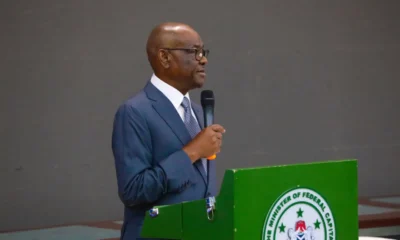
 News2 days ago
News2 days agoFCT polls expose ‘corn and groundnut’ campaign style – Wike
-

 FCT News2 days ago
FCT News2 days agoKuje Results delay: INEC blames tough terrain amid voter apathy
-

 News2 days ago
News2 days agoEFCC arrests 20 over vote buying, electoral offences in FCT polls
-
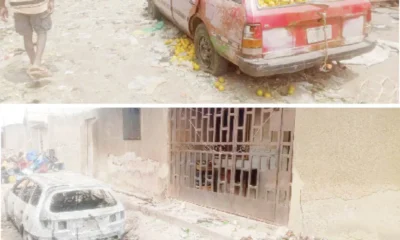
 Metro2 days ago
Metro2 days agoOne killed as vehicle overturns near Tipper Garage in Abuja
-

 World News2 days ago
World News2 days agoMexico’s most wanted, El Mencho, killed in military operation
-
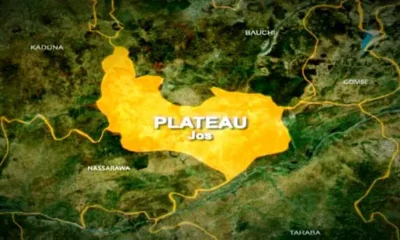
 News2 days ago
News2 days ago12 Killed in separate attacks in Plateau communities
-
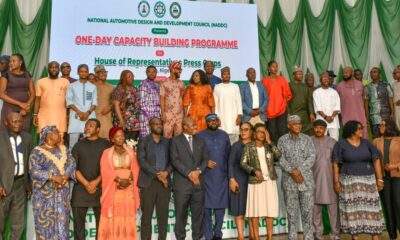
 National News2 days ago
National News2 days agoTransform Nigeria’s automotive policy into law, NADDC boss tells NASS

